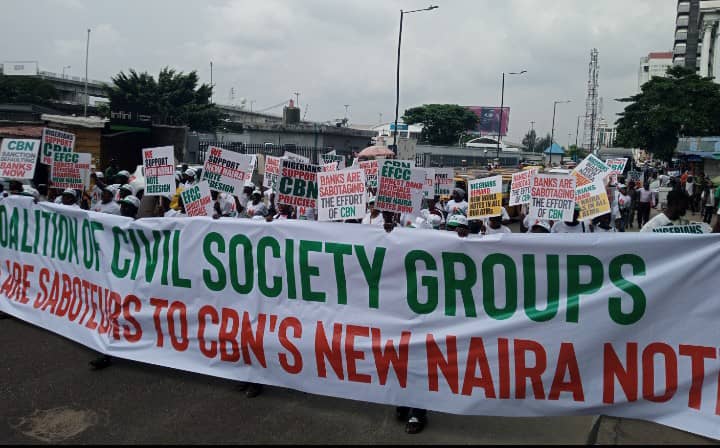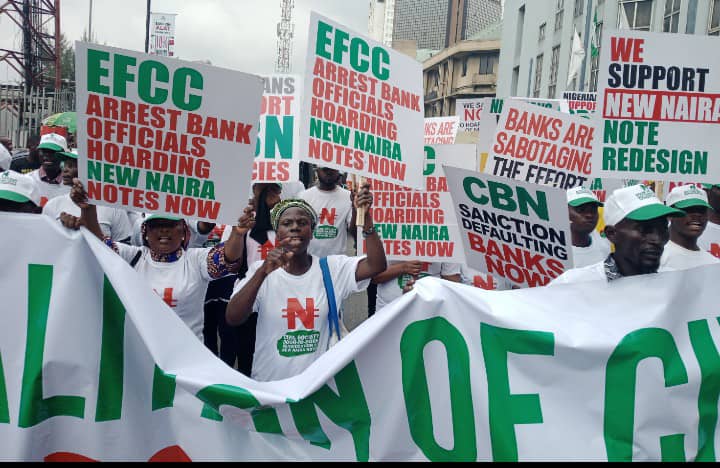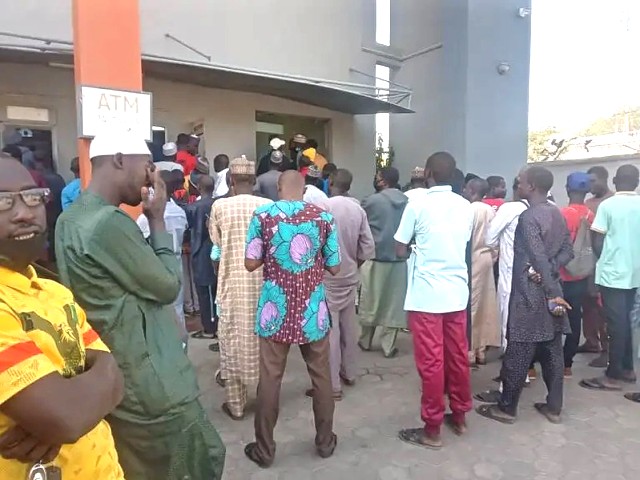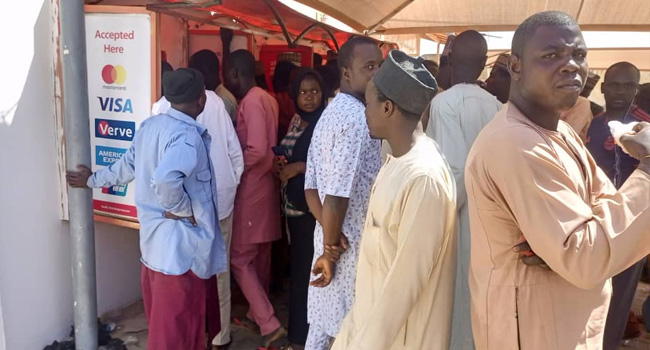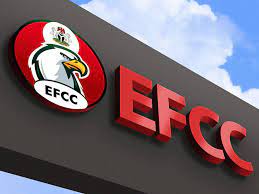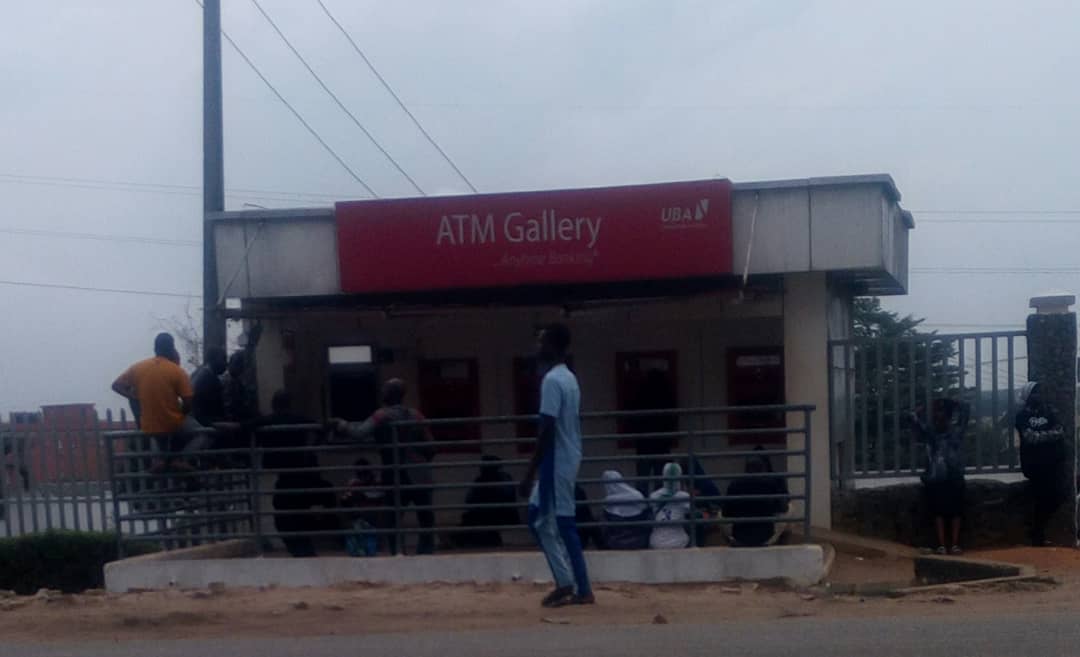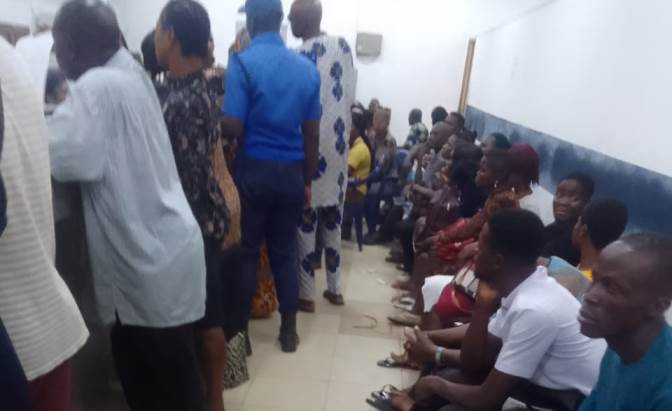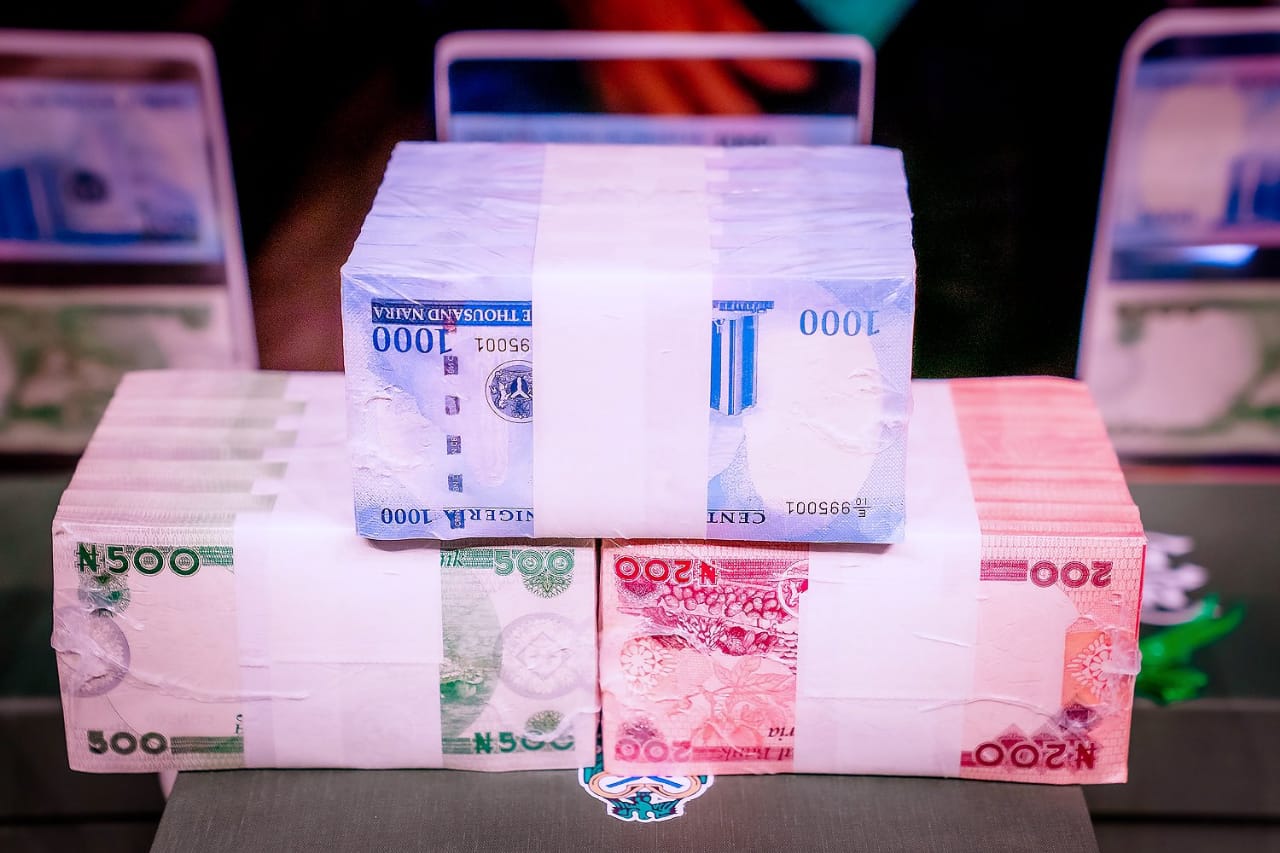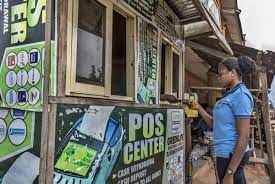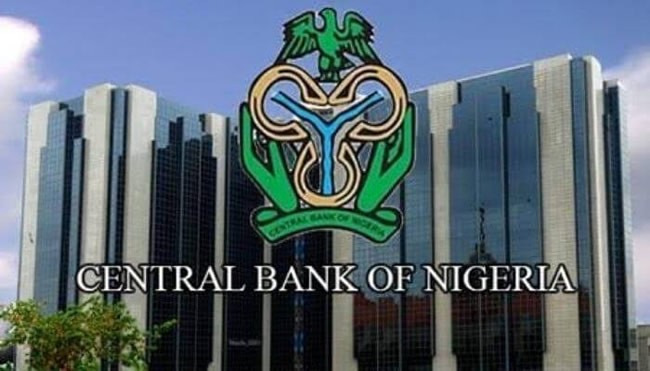President Muhammadu Buhari says he will interrogate the Central Bank of Nigeria (CBN) and other government agencies involved in the printing and distribution of new Naira notes in the country.
Malam Garba Shehu, the Senior Special Assistant to the President on Media and Publicity in a statement, said the president made this position known when he met with members of the Progressive Governors’ Forum on Friday in Abuja.
The Governors were in the presidential villa to share with the president the negative impact of the Central Bank’s policy.
According to the governors, the currency re-design policy is undermining the painstaking efforts that have been put forth by this administration in transforming the economy.
The president stated that when considering the policy, prior to its initial approval, he demanded an undertaking from the CBN that no new notes will be printed outside the country.
Buhari disclosed that he received firm assurances that there was enough capacity, manpower and equipment for the domestic execution of this exercise.
He, however, maintained that he would interrogate these assurances as part of his engagement with the responsible agencies of government.
Buhari, therefore, urged the citizens to give him a seven-day window to resolve the currency crunch that had emanated from the implementation of the Central Bank policy to change high value Naira notes with the newly designed ones.
According to him, the objective of the policy is not to create hardship, rather, its aim is to provide the economy with much needed revitalisation and the benefits will be borne in the medium to long term.
”Unfortunately, inefficiencies and underhanded practices being carried out on the part of our banks as the primary distribution medium, have destabilised the smooth and successful execution of the policy.
”Some banks are inefficient and only concerned about themselves.
”An extension of the time frame within which to complete this process will be made insignificant for as long as greed and selfishness continue to guide our actions,” he added.
The president said he had received and seen televised reports about cash shortages and undue hardships that local businesses and the citizens were being subjected to.
He, therefore, assured that the balance of the seven of the 10-day extension would be used to rectify whatever issues that posed a threat to the successful implementation of the currency swap policy.
While continuing to monitor the situation, the president assured that he would be meeting with both the CBN and the Security and Minting Company and a decision would be taken based on current realities in the best interest of the people.
The governors while briefing the president, reiterated their position which is in full support of the policy decision to redesign the currency.
They said that they were convinced about the intent behind its thinking, but shared their concern regarding the current fallout which has a debilitating impact on their constituencies.
They told the president that, as leaders within the party and the government in their various states, they were becoming anxious regarding the economic impact and the potential erosion to our democratic process, particularly the upcoming general elections.
They, therefore, requested that the president should direct an adequate injection of the new notes and the continued utilisation of the old ones until the end of the year.
The president thanked the Governors for bringing the cries of the people to him, given their proximity to them and assured that there would be a solution to the problem.

